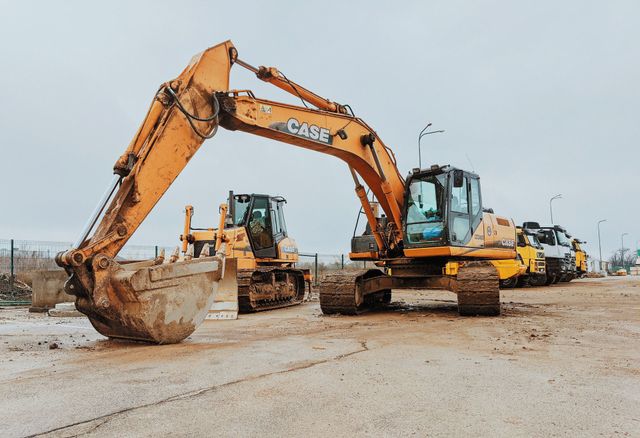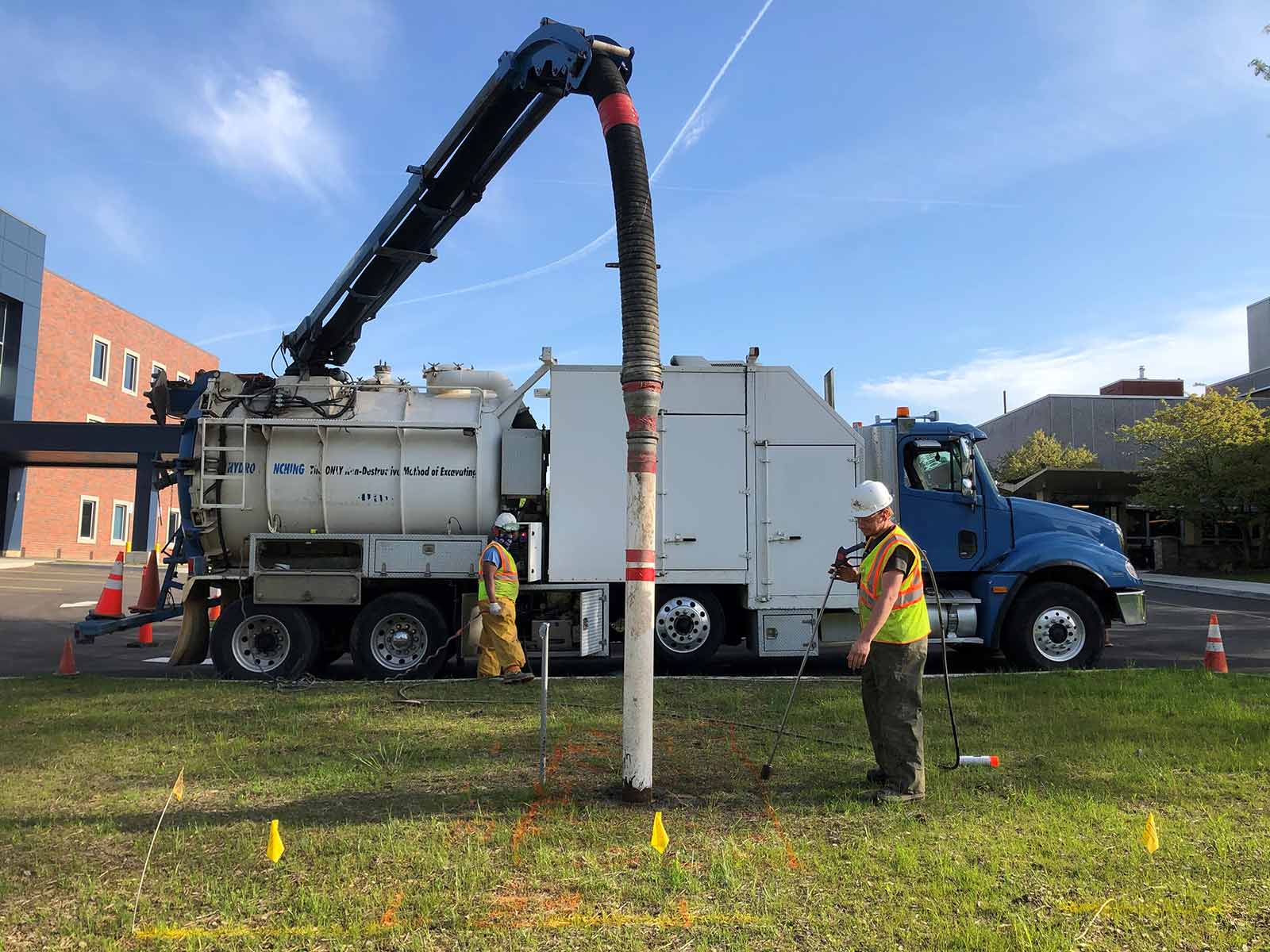Industrial Lancaster Trenching - Trenching Solutions for Organizations in Lancaster
Industrial Lancaster Trenching - Trenching Solutions for Organizations in Lancaster
Blog Article
Comprehensive Excavation Techniques: Grasping the Fundamentals for Success
The mindful planning, accurate execution, and meticulous attention to information called for in excavation jobs demand a thorough technique that includes different basic aspects. The true proficiency exists not simply in comprehending these basics however in flawlessly integrating them to browse the intricacies of excavation jobs with finesse.
Understanding Excavation Task Planning

The preliminary phase of any excavation job is the preparation phase, where essential decisions are made that can significantly affect the outcome of the task. Understanding the task range, timeline, and budget plan constraints is important for developing a detailed excavation plan that makes certain the task's success.
One secret aspect of excavation task planning is the growth of a detailed timeline that lays out the sequence of landmarks, tasks, and deadlines. By meticulously taking into consideration all these elements throughout the planning phase, excavation projects can be implemented successfully and effectively, leading to effective end results - lancaster trenching.
Dirt Evaluation and Site Analysis
Conducting detailed soil evaluation and site examination is a critical action in the prep work stage of any excavation project. Soil evaluation involves establishing the make-up, framework, and buildings of the dirt at the excavation site. This information is vital for recognizing the soil's bearing capability, dampness material, and possibility for erosion, which are vital consider establishing the excavation methods and tools required for the project.
Website analysis goes past dirt analysis and encompasses a more comprehensive assessment of the total website conditions. This assessment includes identifying any possible threats, such as below ground utilities, ecological problems, or unsteady surface, that could affect the excavation process. By thoroughly assessing the site, job supervisors can develop reliable excavation approaches that focus on safety, performance, and environmental management.
Making use of advanced modern technologies like ground-penetrating radar, soil tasting, and drone studies can improve the accuracy and effectiveness of soil analysis and website assessment. Spending time and sources in these preliminary actions can inevitably save time and stop expensive hold-ups or issues during the excavation process.
Tools Selection and Utilization
Effective excavation tasks depend greatly on tactical tools choice and use to make sure optimal efficiency and productivity. Picking the right equipment for the task is essential in making best use of performance and reducing downtime. Aspects such as the sort of soil, depth of excavation, view website and job scope play a considerable duty in identifying the most suitable tools for the task at hand.

In addition to picking the suitable equipment, correct application is key to project success. Operators needs to be trained to handle the tools securely and successfully - lancaster trenching. Regular upkeep checks and timely repair work assist avoid break downs and guarantee consistent efficiency throughout the job
Precaution and Laws Conformity
In the realm of excavation tasks, prioritizing safety and security procedures and compliance with policies is paramount to ensuring a legally audio and safe operational setting. Safety and security procedures include a visit this website series of practices, consisting of conducting thorough site analyses, carrying out proper signs and barriers, and supplying adequate safety training for all employees included in the excavation process. Adherence to policies, such as OSHA requirements in the United States, guarantees that the excavation project satisfies the essential requirements to shield workers, spectators, and the surrounding atmosphere.

Monitoring Development and Adjusting Approaches
Just how can project managers properly track the development of excavation tasks and adapt their strategies as necessary to optimize end results? Monitoring development is important for ensuring that excavation jobs remain on track and fulfill due dates.

Verdict
To conclude, grasping the basics of thorough excavation methods is crucial for the success of any type of project. By comprehending job preparation, assessing dirt and website problems, choosing appropriate tools, adhering to safety and security guidelines, and keeping track of development, job supervisors can make certain a smooth and reliable excavation procedure. Implementing these strategies will result in successful end results and decrease prospective threats or problems throughout the excavation job.
The initial phase of any type of excavation job is the preparation stage, where important decisions are made that can dramatically affect the end result of the project. Comprehending the task timeline, scope, and budget plan restrictions is critical for creating a detailed excavation plan that ensures the job's success.
Exactly how can project supervisors efficiently track the development of excavation tasks and adjust their strategies as necessary to optimize outcomes? By very closely keeping track of progress and being willing to adapt techniques, task managers can boost the total success of excavation projects.
By comprehending job preparation, analyzing dirt and site conditions, picking suitable devices, conforming with safety and security policies, and keeping track of development, project supervisors can guarantee a smooth and reliable excavation procedure.
Report this page